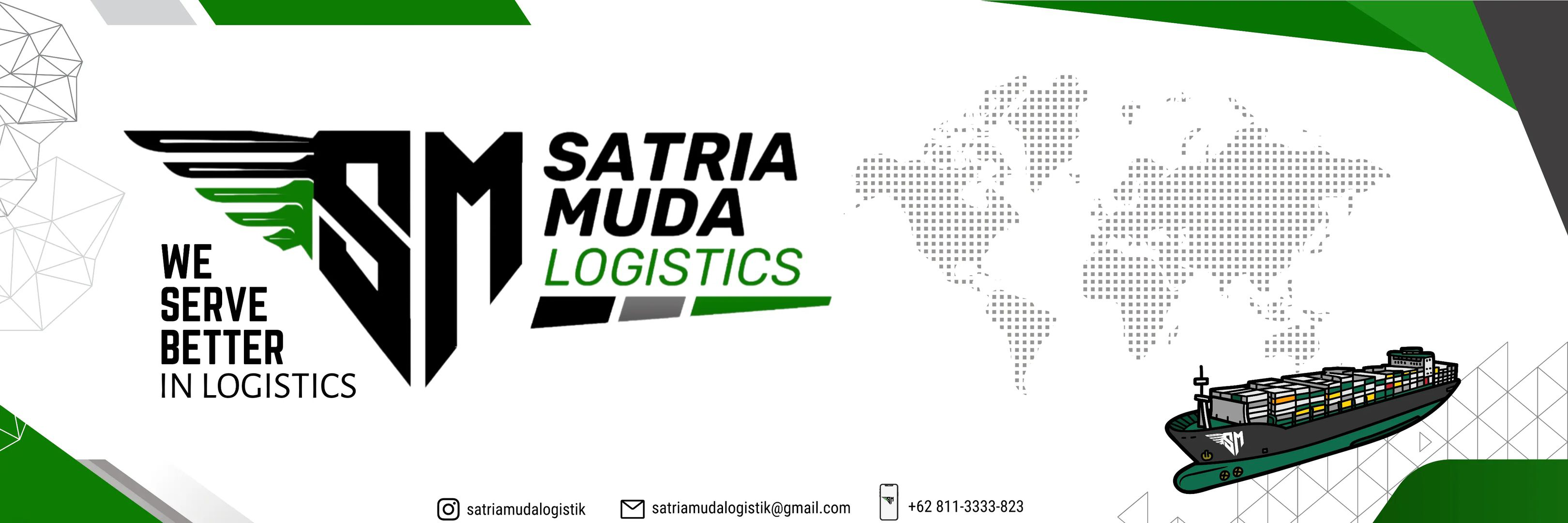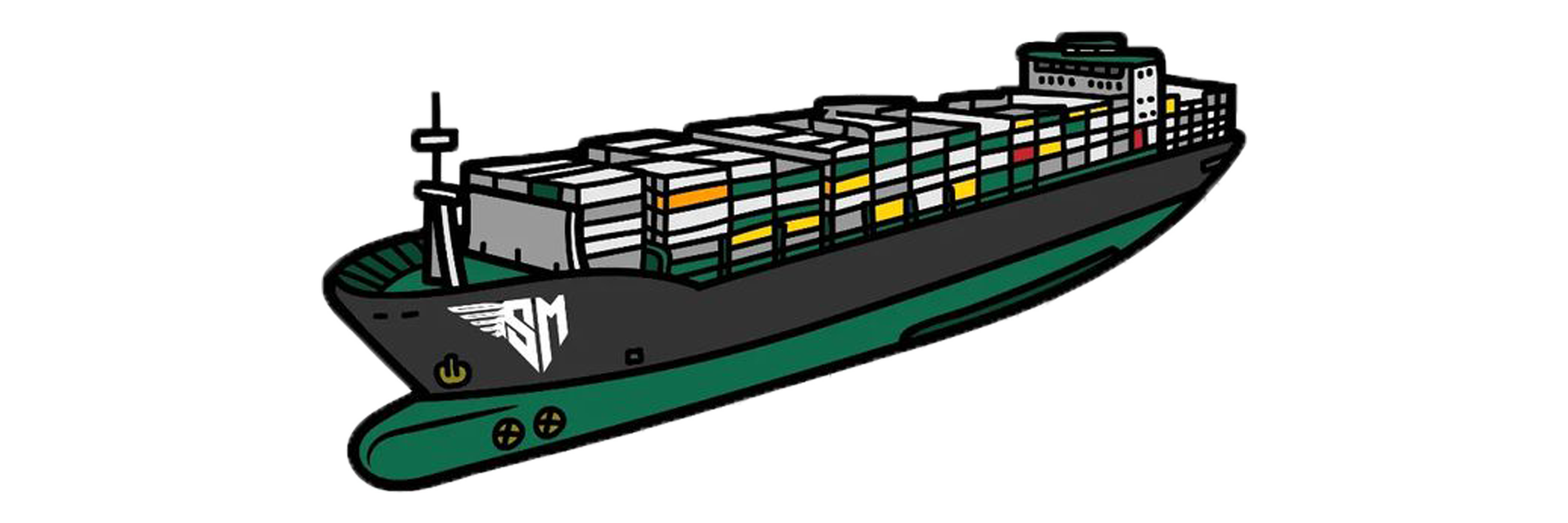
PRODUCTS AND SERVICES
Project Cargo remains SMLs core business, with a primary focus on industries related to Automotive, Oil and Gas, Energy, Power Generation, Mining, Industrial Commodities, Metals and Infrastructure projects.
LOGISTICS
- Sea Freight (LCL):
- Sea Freight (FCL):
- Air Freight.
- Speed
- Reliability
- Global Reach
- Security
- Flexibility
- Cost
- Trucking and Distribution
- Transportation Network
- Last-Mile Delivery
- Flexibility and Accessibility
- Timeliness and Reliability
- Specialized Services
- Technology Integration
Sea Freight Direct Consolidation, often abbreviated as LCL, refers to a shipping method where multiple smaller shipments from different consignees are consolidated or combined into a single container for transportation. In other words, LCL allows multiple shippers to share space in a container, making it a cost-effective option for those who do not have enough goods to fill an entire container. Once the container reaches its destination, the goods are deconsolidated and delivered to their respective recipients. LCL is suitable for smaller shipments, offering flexibility and cost savings compared to other shipping methods.

Sea Freight Full Container Load (FCL) involves the transportation of goods in a container that is fully loaded and sealed by a single shipper. Unlike LCL, where multiple shipments are combined into one container, FCL shipments utilize an entire container for the goods of a single shipper. This method is preferred for larger shipments or when the shipper wants to ensure that their goods are not mixed with those of other shippers. FCL offers greater security and control over the shipment since the container is sealed until it reaches its final destination. While FCL may be more expensive compared to LCL for smaller shipments, it provides exclusive use of the container and reduces the risk of damage or loss during transit.
Air Freight is a method of transporting goods via aircraft, commonly used for shipping cargo across domestic and international destinations. It is a fast and efficient mode of transportation that offers numerous advantages for businesses and individuals alike.
Trucking and Distribution is a crucial aspect of the logistics industry that involves the transportation and delivery of goods via trucks to various destinations, including warehouses, distribution centers, retailers, and end customers. This mode of transportation plays a vital role in the supply chain, facilitating the movement of goods from manufacturers to consumers efficiently and reliably.
CUSTOM CLEARANCE
- Warehouse and Storage
Warehouse and Storage refers to facilities or spaces specifically designed for the temporary storage of goods and merchandise. These facilities play a crucial role in the supply chain by providing a secure and organized environment for inventory management. Warehouses typically feature storage racks, shelves, and pallets to maximize space utilization and facilitate efficient handling of goods. They may also offer additional services such as inventory tracking, order fulfillment, and cross-docking to meet the diverse needs of businesses. Warehouse and Storage services are essential for businesses looking to optimize their inventory management, streamline logistics operations, and meet customer demand by ensuring timely delivery of goods.
- Export & Import Services
Export & Import Services encompass a range of activities involved in facilitating the international trade of goods and commodities between countries. These services include coordinating the shipment of goods from the seller's location (export) to the buyer's destination (import), navigating customs regulations and documentation requirements, arranging transportation, and managing logistics processes to ensure the smooth flow of goods across borders. Export services involve packaging, labeling, and preparing goods for shipment overseas, while import services focus on clearing customs, paying duties and taxes, and arranging for the delivery of imported goods to their final destination. Export & Import Services are vital for businesses engaged in global trade, enabling them to expand their market reach, access new opportunities, and capitalize on international markets.
- Custom Brokerage
Custom Brokerage involves the facilitation of customs clearance and compliance procedures for imported and exported goods. Custom brokers act as intermediaries between importers/exporters and customs authorities, helping navigate complex customs regulations, tariffs, and documentation requirements to ensure timely clearance of goods at ports of entry or exit. Custom brokerage services include preparing and submitting customs declarations, assessing duties and taxes, obtaining permits and licenses, and resolving issues related to customs inspections or compliance audits. Custom brokers leverage their expertise and knowledge of international trade regulations to streamline the customs clearance process, minimize delays, and mitigate risks associated with importing and exporting goods. Custom Brokerage services are essential for businesses engaged in cross-border trade, ensuring compliance with customs regulations and facilitating the efficient movement of goods across international borders.
SPECIAL HANDLING & MOVEMENT
- Door to door delivery services
Door to Door Delivery Services refer to logistics solutions where goods are picked up from the sender's location and delivered directly to the recipient's doorstep. This service streamlines the shipping process by handling all aspects of transportation, including packaging, documentation, customs clearance (if applicable), and final delivery. Door to Door Delivery Services offer convenience and efficiency for both senders and recipients, as they eliminate the need for multiple intermediaries and simplify the logistics chain.
- Project Cargo
Project Cargo pertains to the transportation of oversized, heavy, or specialized goods that require careful handling and specialized equipment during transit. This may include large machinery, industrial equipment, construction materials, or components for infrastructure projects. Project Cargo logistics involve meticulous planning, coordination, and execution to ensure the safe and efficient transport of goods from origin to destination. Specialized carriers and equipment may be required to accommodate the unique dimensions and weight of project cargo, making it a specialized niche within the logistics industry.
- Heavy Equipment
Heavy Equipment refers to large machinery, vehicles, or equipment used in construction, mining, agriculture, and other industries. Examples include excavators, bulldozers, cranes, tractors, and forklifts. Transporting heavy equipment requires specialized logistics solutions due to the size, weight, and fragility of the machinery involved. Heavy equipment logistics may involve the use of flatbed trucks, low loaders, or specialized trailers equipped with hydraulic systems for loading and unloading. Proper handling, securing, and transportation planning are essential to ensure the safe and efficient delivery of heavy equipment to its destination.
CUSTOMER PARTNERSHIP
Our Latest Activity
© Copyright 2022 PT SATRIA MUDA LOGISTIK